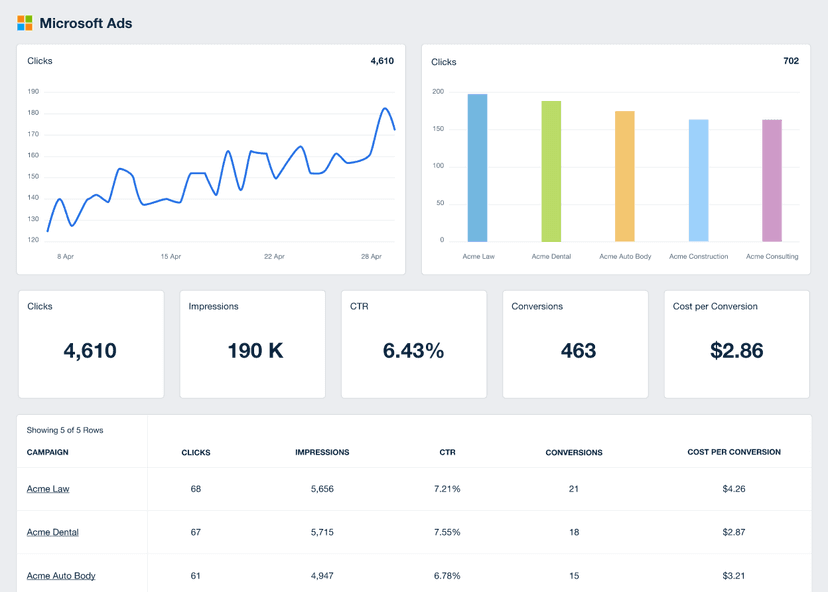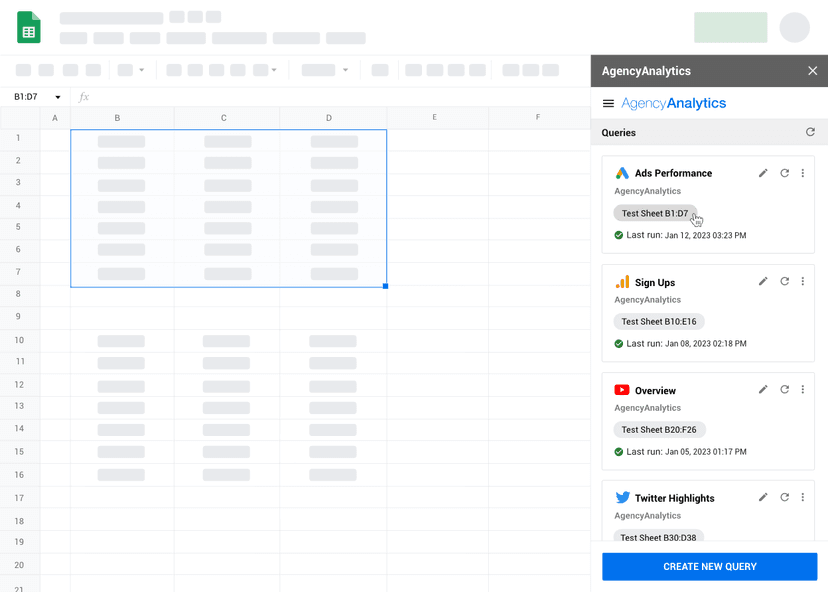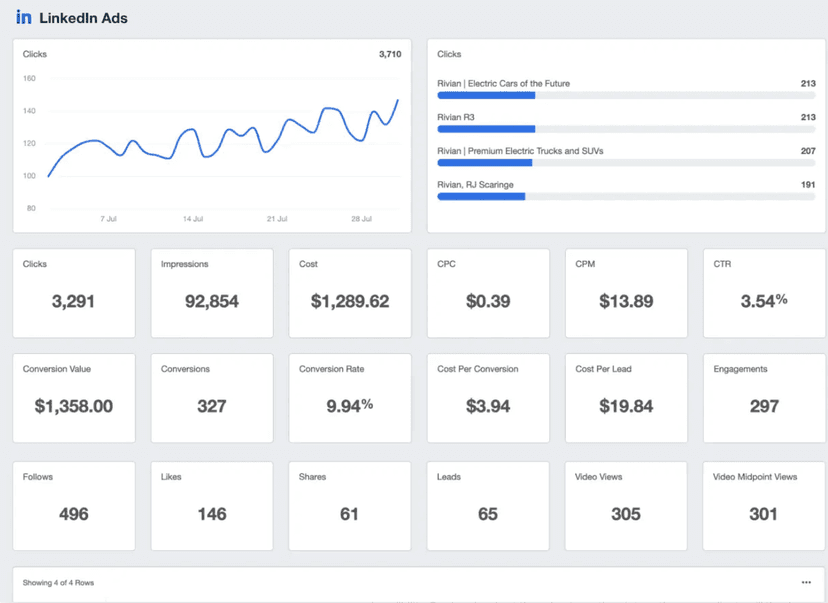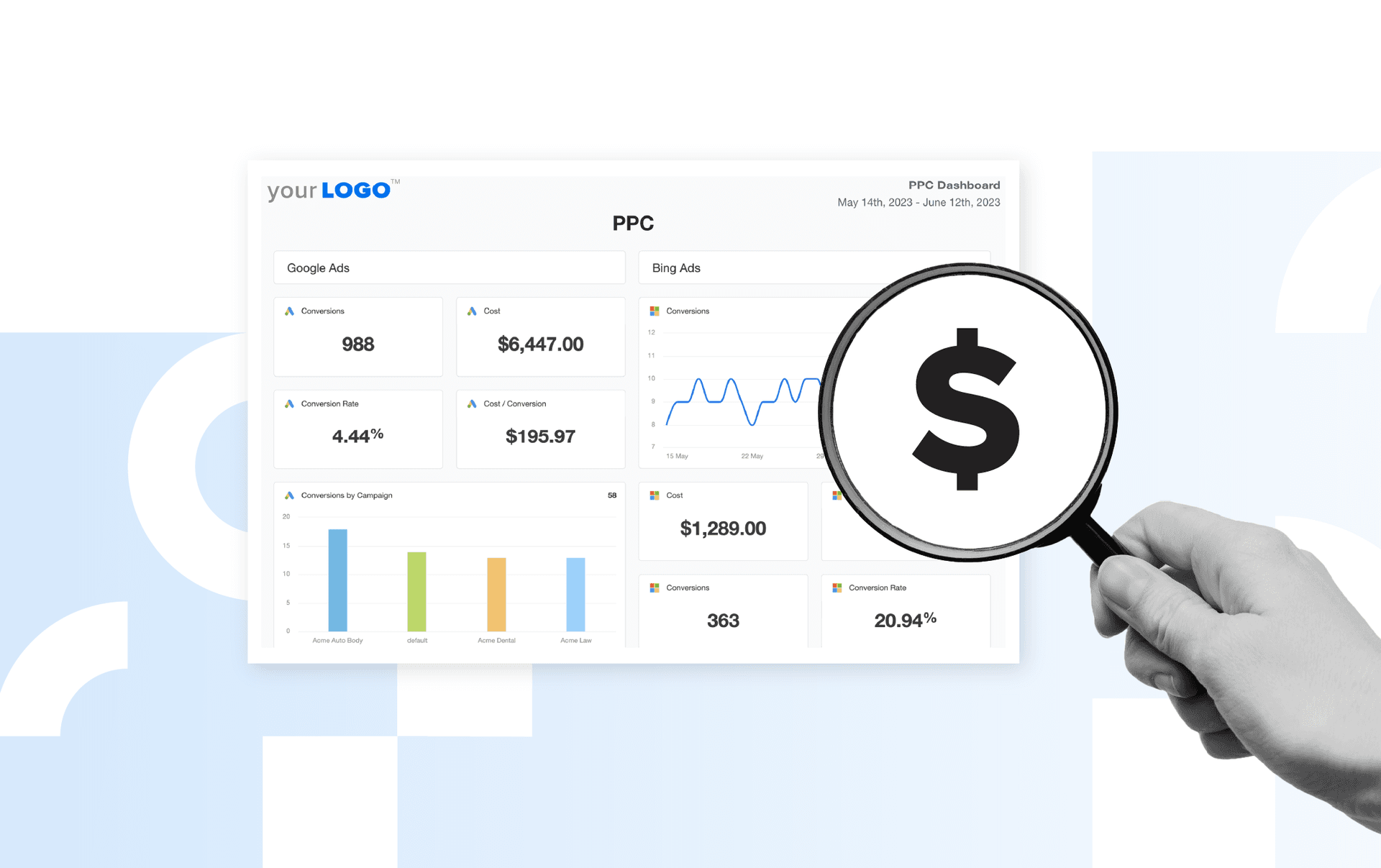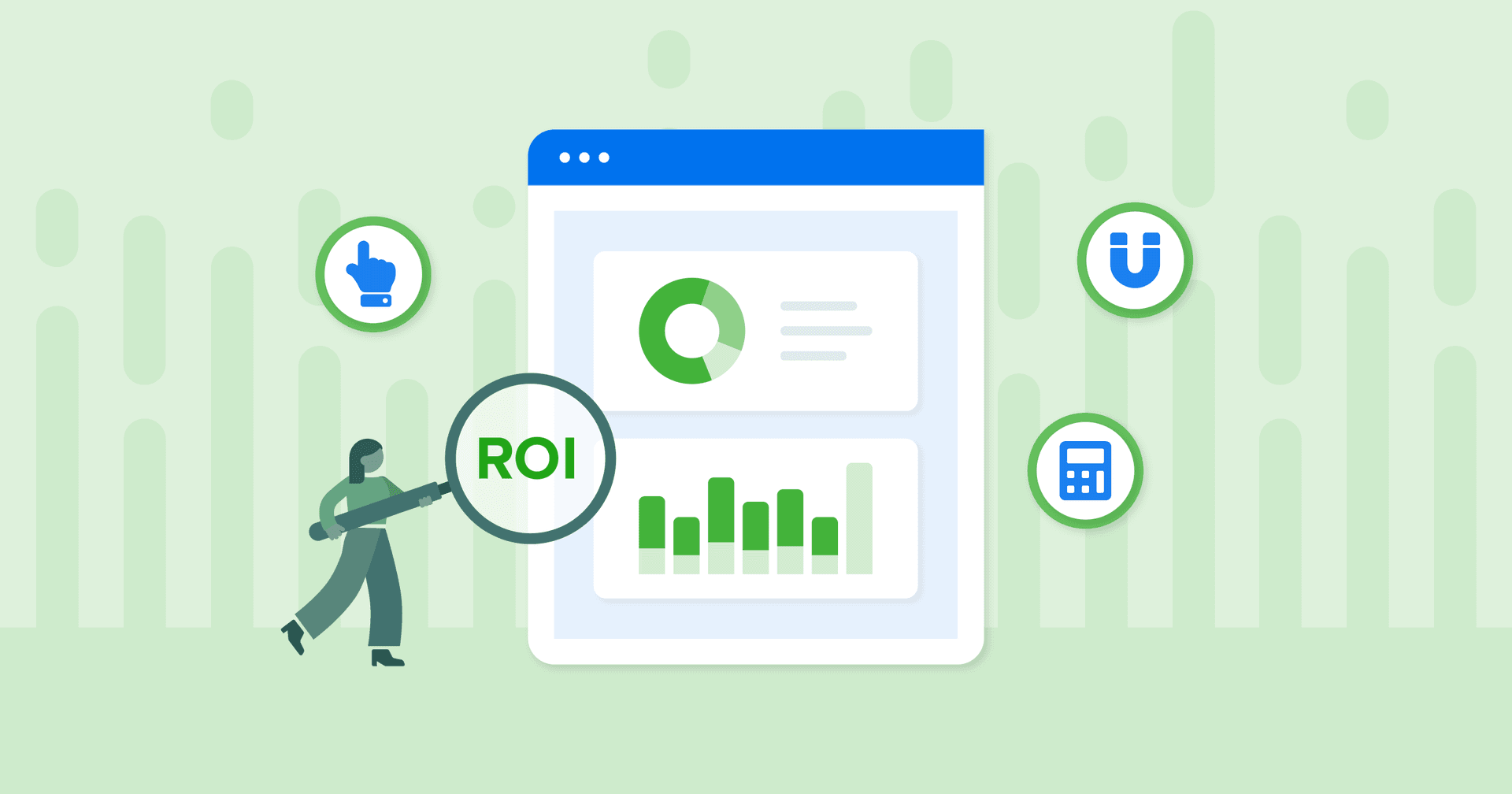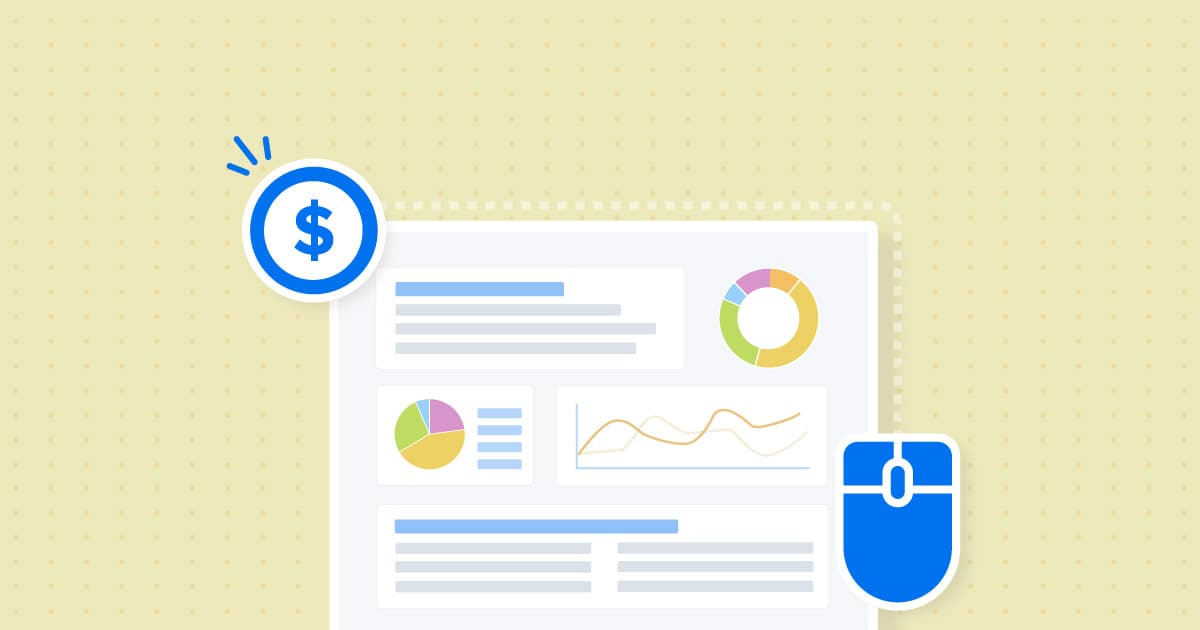Quality Score
Ad Copy Tests
Quality Score guides ad copy relevance, affecting Click-through Rates.
Landing Page Optimization
Use as a benchmark for landing page relevance and effectiveness.
Keyword Strategy
Analyze Quality Scores to prioritize effective keywords and eliminate underperformers.
CPC Efficiency
Increase Quality Score to optimize traffic at a lower Cost per Click.
Why Quality Score Is Important
Google Ads is the platform where the Quality Score metric was born. This metric evaluates ad relevance, keyword Quality Scores, and landing page experience to provide an at-a-glance rating of the keyword, ad, and landing page relevance to the search query.
Consider it a comprehensive review simplified to a numerical form that greatly influences ad rank. Google Quality Score affects ad position and cost per click, making it a cost-effective tool for fine-tuning advertising strategies.
However, the utility of tracking Quality Score extends beyond individual ads or landing pages. It is a broader diagnostic tool, offering a snapshot of a campaign's overall health, efficiency, and relevance.
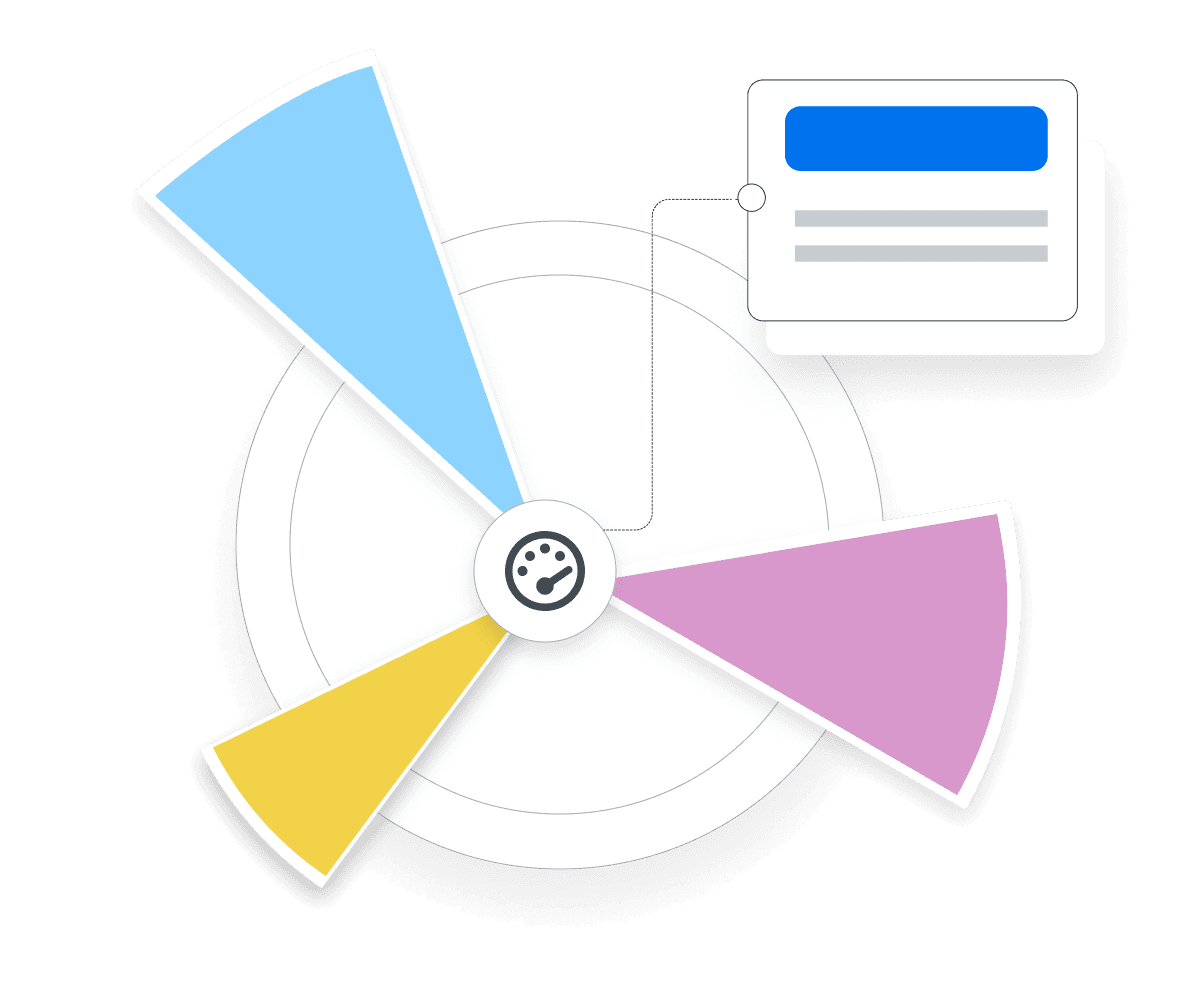
Stop Wasting Time on Manual Reports... Get PPC Insights Faster With AgencyAnalytics
How Quality Score Relates to Other KPIs
Quality Score influences and is influenced by several other vital KPIs in Google Ads campaigns. One of these is Click-through Rate (CTR). As noted above, a higher CTR often leads to a better Quality Score, which signifies ad and keyword relevance. Similarly, the expected Click-through Rate is also a component of the Quality Score itself. By optimizing CTR, one indirectly works to improve Quality Score.
Another crucial KPI is the maximum bid. This is the highest amount an advertiser is willing to pay for a click. A higher Quality Score means a competitive edge even if the maximum bid is not the highest in the ad auction process. This benefits ad positions and effectively lowers the Cost per Click (CPC) for top ad positions.
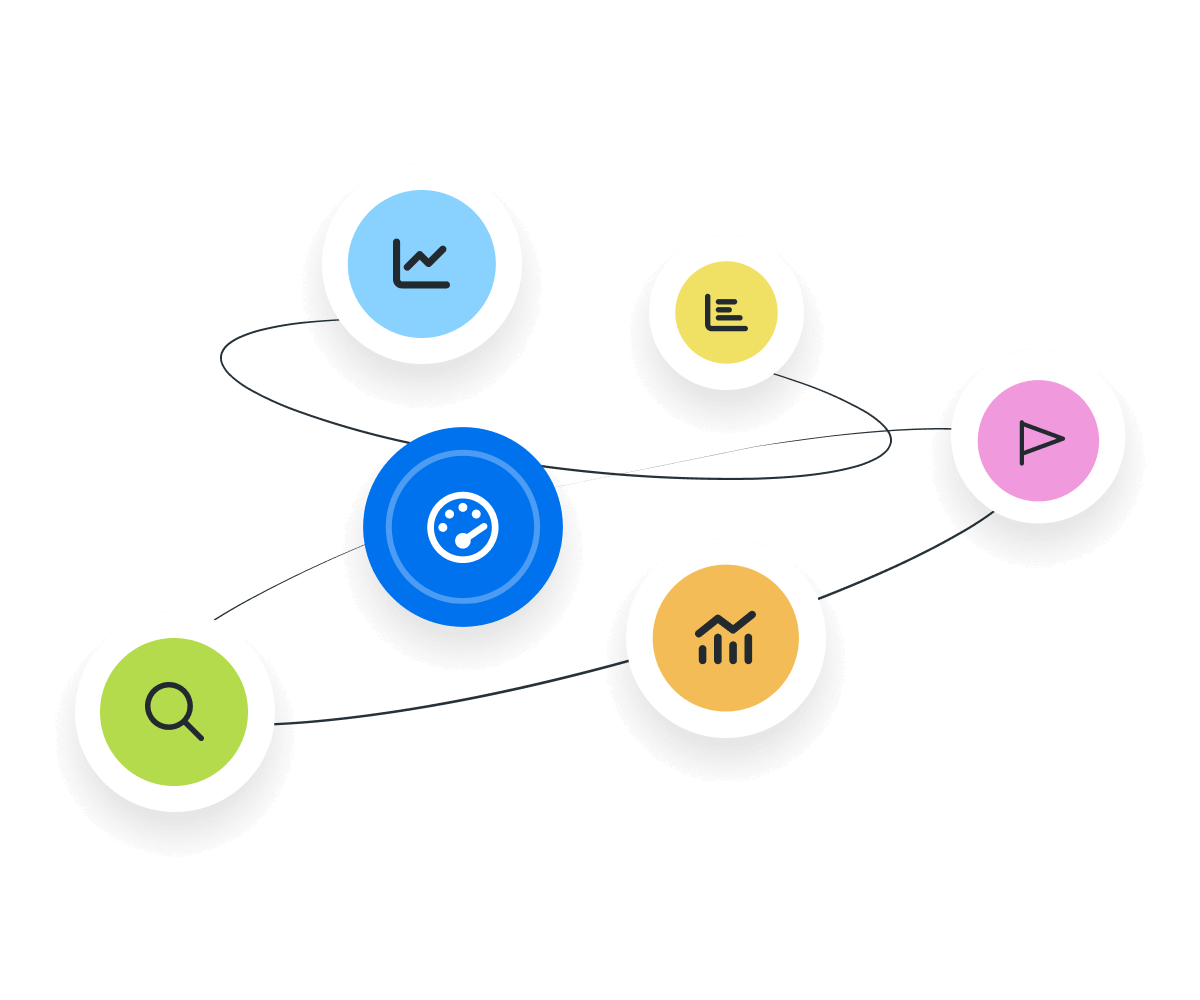
Key Factors That Influence Quality Score
Understanding the factors influencing Quality Score makes or breaks a campaign's success. Consider these fundamental elements:
Ad Copy Relevance: High relevance increases click-through rates and, in turn, Quality Score.
Expected CTR: Google's prediction of how often an ad will be clicked impacts the Quality Score.
Landing Page Effectiveness: Optimize landing pages to enhance relevance and positively influence Quality Score.
Keyword Strategy: High-performing keywords boost the average Quality Score. Group similar keywords into a single ad group to capitalize on their combined strength.
Boosting some or all of these will influence the factors that contribute to an ad's Quality Score calculation.

With Google placing a heavier focus on expert content and authoritative material for ranking websites, the best place to showcase that our clients are experts in their field in any given location is to provide proof through our websites, blog posts, and project pages. Focusing on this then supports our paid marketing strategies by ensuring quality scores are high, and ad performance is as efficient as possible.
How To Measure Quality Score
Quality Score is calculated by Google and provided automatically in the native platform. Navigate to the Keywords tab within the Campaigns section. Then, look for the "Quality Score" column. If it's not displayed, modify the column settings to include it. Quality Score is presented on a scale from 1 to 10 next to each keyword.
When a dash symbol appears in the Quality Score column, there haven’t been enough search queries matching the chosen keywords, so Google has not yet assigned a Quality Score.
What Is a Good Quality Score?
A Quality Score of 7 is generally considered good, and 8-10 is very good. These scores indicate strong keyword relevance, compelling ad copy, and a well-optimized landing page.
What Is a Bad Quality Score?
A score below 5 should be a cause for immediate concern. Low scores result from poor keyword choices, irrelevant ad copy, or a poorly designed landing page.
How To Set Quality Score Benchmarks and Goals
Examining past campaigns and current Quality Scores provides a baseline for future performance. If the Quality Score is low, the focus should be on incremental improvements. A single-point increase can result in significant benefits, including reduced costs and improved ad placements. Iterative testing and tweaking are crucial to monitor these slight but impactful changes over time.
Remember that the Quality Score is evaluated over a rolling 90-day window. If you make immediate changes to improve keyword relevance or landing page quality, the impact on the Google Ads Quality Score KPI might take some time to materialize.
Taking a closer look at Quality Score involves dissecting it by keyword type and intent. Branded keywords generally yield high Quality Scores because of their direct relevance to the ad and landing page. Conversely, transactional keywords are ultra-competitive; a lower score could signal room for optimization.
Breaking down Quality Score by keyword intent provides deeper insight into where to focus optimization efforts.
Why Quality Score Matters to Clients
While the term Quality Score might spark little interest or excitement in clients, its impact is something they do want to know about. Although clients might not lose sleep over the specific Quality Score data in their campaign keywords, they absolutely care about a rise in Click-through Rate (CTR) or an uptick in Return On Ad Spend (ROAS).
Higher Quality Scores translate into more efficient ad spend, offering more bang for the buck, so it’s important to focus the narrative around the benefits of a Quality Score increase and not the rating itself.

Why Quality Score Matters to Agencies
Agencies see Quality Score as one of the critical levers for campaign and keyword optimization. Quality Score becomes a guiding light for the agency and a way to understand the impact of ad quality, extensions, keyword choices, and landing pages.
It's not just about getting an ad at the top of the search engine heap—it's about doing so efficiently and effectively. When an agency spots low Quality Score keywords, those become prime targets for optimization.

Better, Faster & Easier Client Reports Are Just a Few Clicks Away
Best Practices When Analyzing and Reporting on Quality Score
Properly dissecting Quality Score in Google Ads from multiple angles provides the foundation for advertising campaigns that are both effective and budget-friendly. When sharing Google Quality Score data with clients, clarity and relevance are paramount.
Look Beyond Google
It's not all about the Google Ads account. Microsoft Ads also provides a Quality Score metric for search campaigns. Although the platforms differ, the general principles of ad relevance, landing page experience, and expected Click-through Rate remain.
Track Improvements Over Time
The Historical Quality Score reveals a lot about how optimizations are affecting ad performance. There are two Quality Score columns in Google Ads; one displays the current Quality Score, and the other shows the last known score for the reporting timeframe.
Align to Client Goals
If a client aims to reduce CPC, illustrate how an improved Quality Score has achieved that. Whether it’s ROI, lead generation, or brand awareness, make the connection clear between a high Quality Score and the accomplishment of those goals.
Put Quality Score in Context
While Quality Score may not be a KPI that an agency would include in client reports or Google Ads dashboard, it directly influences other KPIs. When reporting this metric to clients, pair it with related metrics like CPC, CTR, and ad position. For example, using annotations to call out not just the 'what' but the 'why' and 'how,' making the information more actionable.
Dive Into Campaigns & Keywords
Segmenting Quality Score by campaigns, ad groups, and keywords offers a granular view of what's working and is the ideal way to prioritize optimization efforts. High-performing campaigns with lower scores reveal untapped potential, while a high score in underperforming campaigns indicate other issues.
Visualize Quality Score Performance
Graphs, charts, and other visual aids convey the impact of Quality Score on overall campaign performance more vividly than raw numbers alone. During an ad quality overhaul, visualizing the CTR, CPC, Ad Position, and ROAS shows trends and offers immediate insights.
Google Ads Dashboard Example
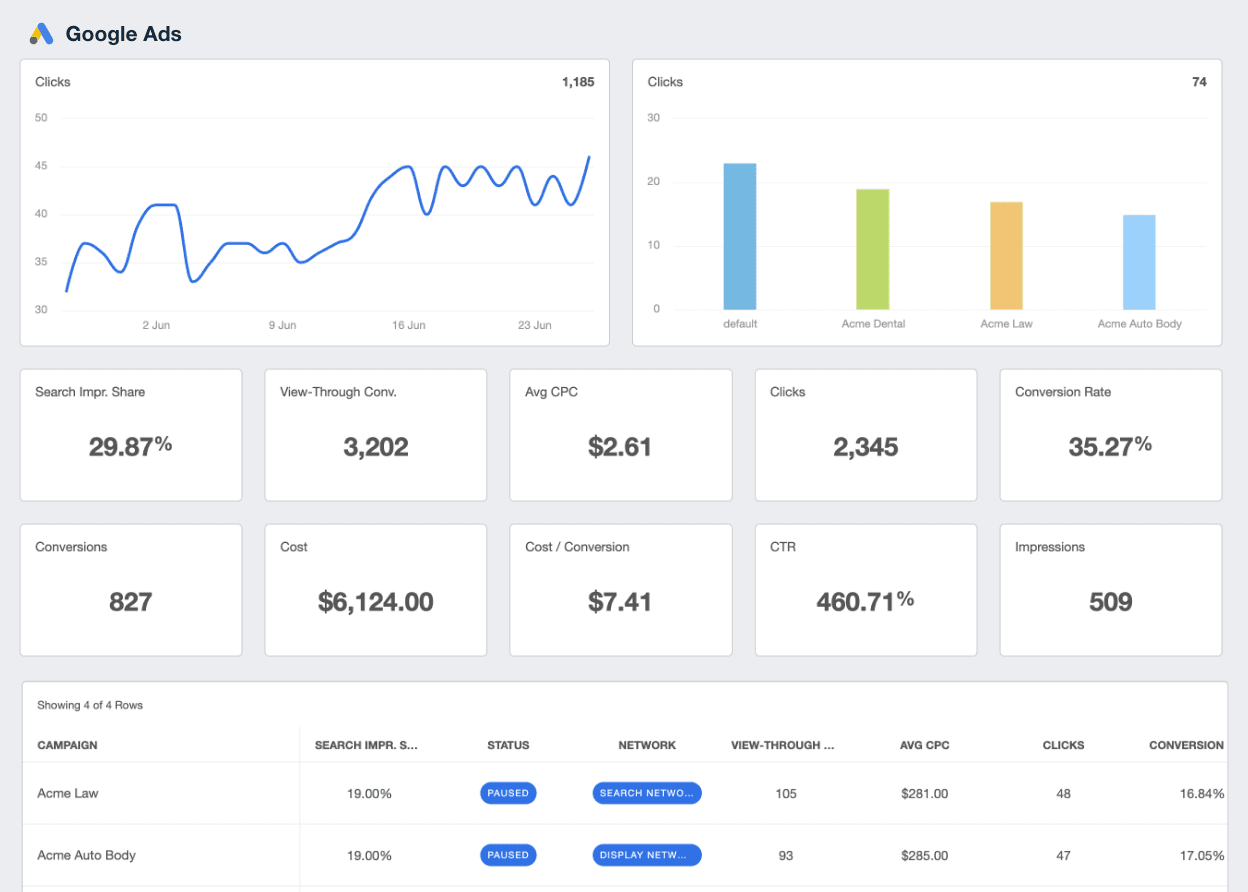
Related Integrations
How To Improve Google Ads Quality Score
Improving Google Ads Quality Scores isn't just a numbers game. It's about making ads more relevant to searchers, organizing ad groups effectively, and continuously refining the approach. Here are three actionable tips to better the average Quality Score.
Refine Ad Relevance
Create ads that closely match the keyword intent. Making the ad relevant to the keywords increases the average Quality Score.
Structure Ad Groups
Organize closely related keywords into specific ad groups for precision and effectiveness.
Optimize Landing Pages
Ensure that landing pages are directly relevant to the ad topics and keywords to improve user experience and Quality Score.
Related Blog Posts
See how 7,000+ marketing agencies help clients win
Free 14-day trial. No credit card required.


